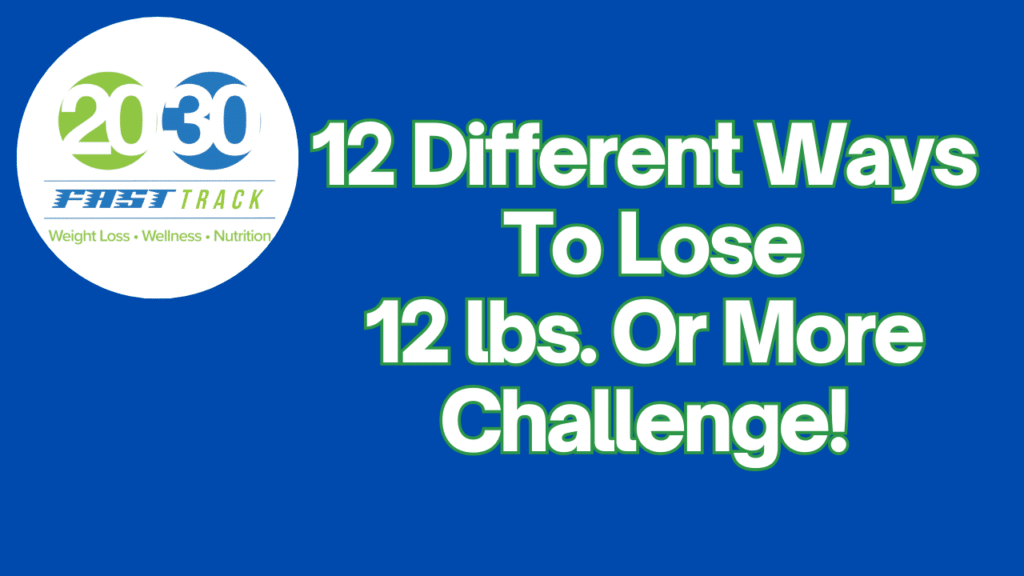Hey welcome to A Healthy Conversation. So, when we first introduced these, we said we were going to let people into our Kitchen because we sat with friends and people said, “Boy we wish could hang around you guys and hear what you talk about all the time.” We said, “Well, we’ll invite you into our kitchen.” We started shooting these in the kitchen, went into the Great Room and Living Room and now we’re out here at the lake. So, I think that today we’re really going to talk about what this is like when you and I have conversations.
JOHN: Getting paranoid about things.
DONNA: Yes. Today we’re going to talk about Tylenol and what it has been proven to do to your body. So, as we are talking about this, because I’ll find out something and tell John or he’ll find out something and tell me, and he’s telling me about Tylenol, right?
JOHN: You’d give me some grief then.
DONNA: I would never give you grief. I never – Don’t believe him, I never give him grief, it never happens. You’re telling me about Tylenol and I’m like, “Really?” Because, I mean now we’re letting them see the truth, right? I go, “Really?” Now give me the statistics. What’s the allegation on this?
JOHN: Okay. Now, this is a study that was done, 64,000 pregnant women, not just a little study, a pretty big study, okay. These mothers, half of them took Tylenol during pregnancy. What they found out is the half that took Tylenol during pregnancy had kids and during the first seven years of life, had ADHD 30% higher than the other group did. Pretty phenomenal study. Acetaminophen or Tylenol is responsible for 2,600 hospitalizations every year.
DONNA: From what?
JOHN: Overdosing on it.
DONNA: Taking too much of it.
JOHN: Taking too much of it.
DONNA: What does that do to you?
JOHN: Well it’s bad for your kidneys, it’s bad for your liver. 56,000 emergency room visits, that was the first statistic.
DONNA: Because of overdosing on it.
JOHN: Overdosing on it.
DONNA: So a person just doesn’t feel good. Like when we say – when they find out they overdosed on Tylenol, basically they’re like, “I don’t feel right. I don’t feel good, I’m going to the hospital.”
JOHN: Tylenol is the leading cause of liver failure right now, even ahead of hepatitis, that’s how bad this stuff is for you. You don’t want to take more than 325mg at a time because it could affect your liver adversely.
DONNA: So do we know how many milligrams are in one of those Tylenol capsules?
JOHN: I think 325 in one, so you don’t want to really talk a whole lot of it at one time. You don’t want to drink alcohol, you don’t want to take any other prescriptive drugs with it because it really has a very, very negative effect with it. So, remember 56,000 emergency room visit that was responsible because of Tylenol, 2,600 hospitalizations and 458 deaths attributed to this stuff. We eat this stuff like candy.
DONNA: So what do we tell our friends to take if they’re going, “Okay, I’m off Tylenol, I don’t even want it in my house.” What do they take when – a lot of people take Tylenol have a fever or they have an ache or a pain?
JOHN: Well a lot of times if you have a headache taking something like peppermint oil, lavender oil and putting on it your forehead, some aromatherapy, that works very good. MSM is another thing that works very good. Fish oil, flax oil, that’s another anti-inflammatory. A lot of times if you just get the inflammation out of your body, you just start feeling better.
DONNA: So fish oil, flax is kind of preventative, but it also then means you don’t need the Tylenol because in preventing a lot of other things, it’s preventing inflammation which is where a lot of pain can come from.
JOHN: And cause, right.
DONNA: And stress too. I think a lot of times —
JOHN: Definitely when you have stress.
DONNA: People are stressed out and then they’ve got a symptom that manifests and then they run for the Tylenol. I mean, okay, so fine, you’ve convinced me, I got it. Tylenol’s not a good —
JOHN: I think even aspirin, which has a longer track record, would probably be better even than taking Tylenol. At least it doesn’t seem to have the major side effects that this does.
DONNA: So then when somebody’s got an ache or a pain, a headache, whatever, the better thing to take is aspirin.
JOHN: Aspirin.
DONNA: You’re kind of looking at me like it’s the lesser of the two evils.
JOHN: Lesser of the two evils, it really is.
DONNA: So bottom line is, this is what the conversations look like; he’ll give me some information, I’ll go, “Yeah” —
JOHN: Give me grief and then we talk about it.
DONNA: What’s the data and you never know who’s going to end up kind of closing the other person, but I think it kind of comes out maybe 50/50.
JOHN: The stats are there.
DONNA: Seems to be a good way we communicate. It works out. All right, see you next time.











